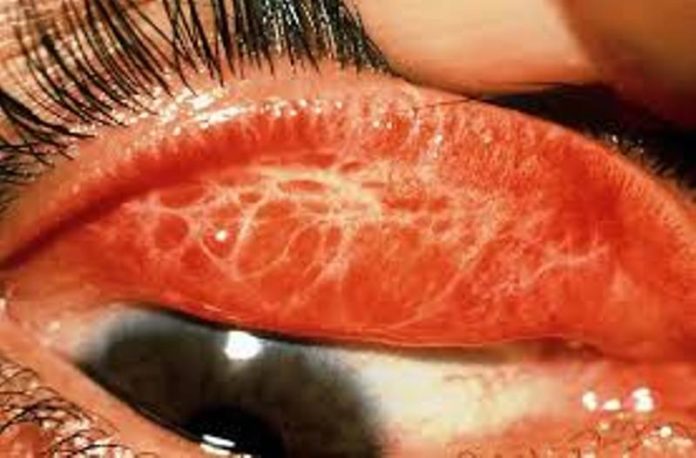The Carter Centre has sent congratulations to Ghana, for being the first sub-Saharan African country to be validated by the World Health Organization (WHO) for eliminating the eye disease trachoma as a public health problem.
“Ghana’s success against trachoma shows the world and the remaining endemic countries that the greatest challenges can be overcome with persistence, political commitment, and the support of the international community,” said former U.S. President Jimmy Carter, founder of The Carter Center, a pioneer in disease elimination and eradication for more than three decades.
Trachoma, a disease of poverty, is a bacterial infection that can lead to blindness.
It can be treated and prevented through a WHO-endorsed strategy combining corrective surgery, antibiotics, hygienic practices, and improved sanitation, often referred to by the acronym SAFE.
From 1999 to 2011, the Carter Center assisted the Ghana Health Service’s Trachoma Control Programem as it ramped up surgical services and improved hygiene and sanitation in a number of ways.
“Ghana has persevered to rid itself of this terrible disease,” said Kelly Callahan, director of the Carter Center’s Trachoma Control Programme, which has been a leader in the international trachoma campaign for 20 years.
Ghana actually succeeded in reducing trachoma as a public health problem by 2010, but it was ahead of its time: In 2010, the WHO and global trachoma experts had not yet developed a process or criteria to evaluate the country’s achievement.
The WHO created a process in 2016 to allow for Ghana and other countries to be validated as having met the elimination as a public health problem targets.
Together with partners, The Carter Center helped Ghana’s ministry of health to prepare a dossier, which is a document submitted to the WHO to be considered for official validation.
With financial support from the Conrad N. Hilton Foundation, The Carter Center supported Ghana in training more than 8,000 community health workers, including teachers in over 400 schools, environmental health officers, and village volunteers, to deliver core program messages to rural villages, as well as supporting the construction of thousands of household latrines to improve sanitation. Radio broadcasts of trachoma prevention messages were used to reach Ghanaian villagers living in some of the most isolated and remote areas of the country.
The programme donated wind-up radios and supported local stations in the production and broadcast of weekly trachoma shows, hosting “radio listening clubs” for members to discuss the shows’ messages.























